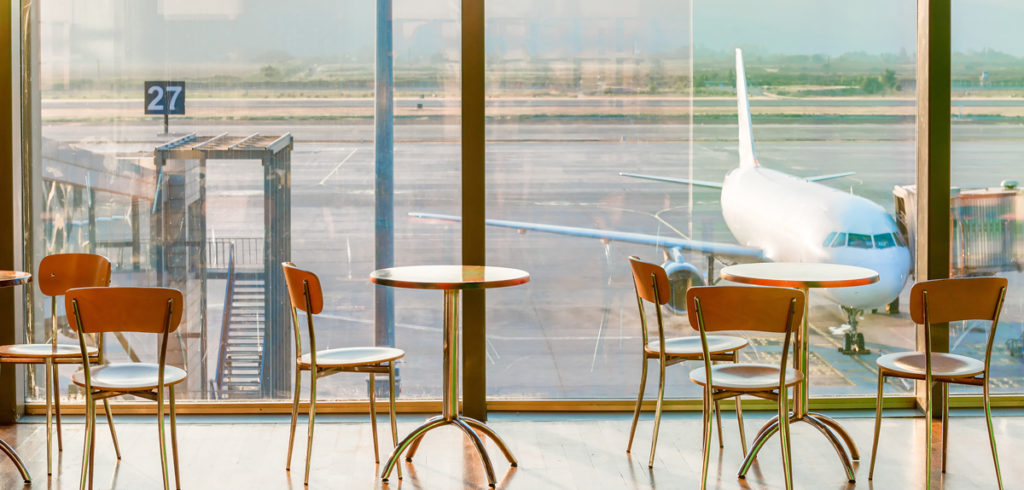The USA’s Airport Restaurant & Retail Association (ARRA) and Airport Minority Advisory Council (AMAC) have urged airports and Congress to pass financial relief for airport restaurateurs and retailers affected by COVID-19 pandemic.
The associations urged airports to engage with their members quickly and adopt mitigating actions to save the businesses. Suggested actions included: waiving rent, other fees and the imposition of penalties for at least six months with the opportunity to extend depending on the extent/impact of the crisis; suspension and deferment of concessionaires’ capital investment requirements; and the provision of operational flexibility including, but not limited to, adjustments to operating hours, locations and menus/product selections, as well as selective temporary closing of stores and restaurants in order to better align with passenger volumes and flows and reduce the impact on employees.
ARRA/AMAC strongly support the airports’ request for emergency financial assistance and flexibility to help sustain operations, preserve jobs and bonds, including assistance and flexibility for concessionaires during this critical time. ARRA/AMAC urged Congress and the US administration to provide financial relief/assistance to airport concessionaires to ensure business continuity, secure loans and make debt service payments.
Specific measures that ARRA/AMAC urged Congress and the administration to act upon are: provision of grants/low-interest or interest-free loans to concessionaires to enable them to cover operating expenses; and provision of loan guarantees to concessionaires to assure their ability to continue making debt service payments and secure loans for their ongoing capital investment requirements.
Together, the associations represent a US$10bn industry made up of firms of varying sizes, including many small and local businesses which contribute US$2.5bn to airport revenue streams. These businesses employ more than 125,000 workers in US airports, according to the associations.
AMAC chair John Clark said, “Our members are suffering tremendous sales losses, in some cases as high as 90%. The industry is facing a financial crisis. Many businesses, including those classified as small and/or disadvantaged, may not be able to continue operations.”

